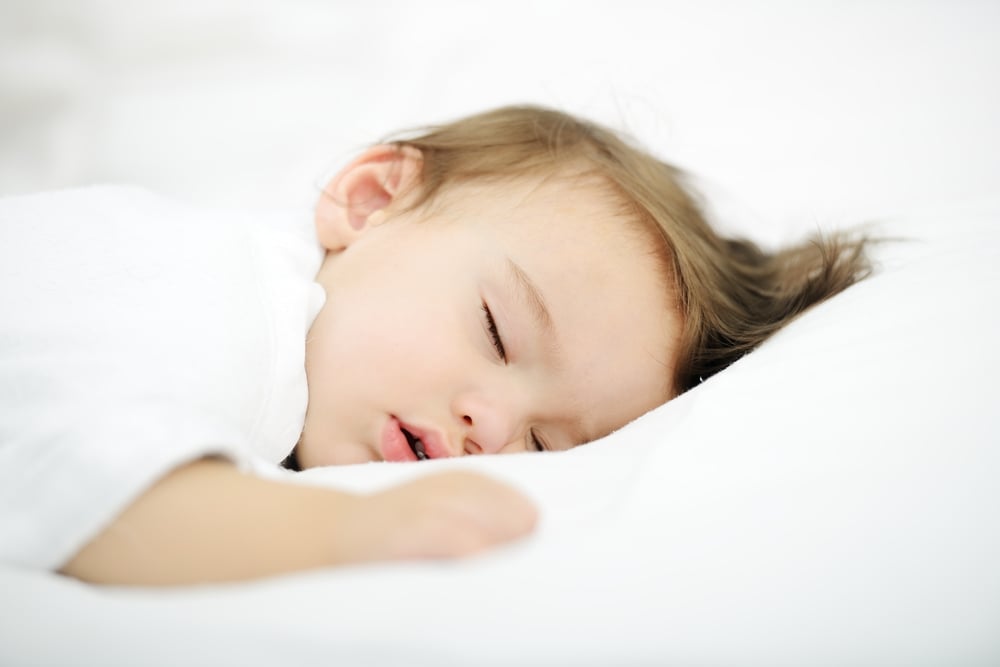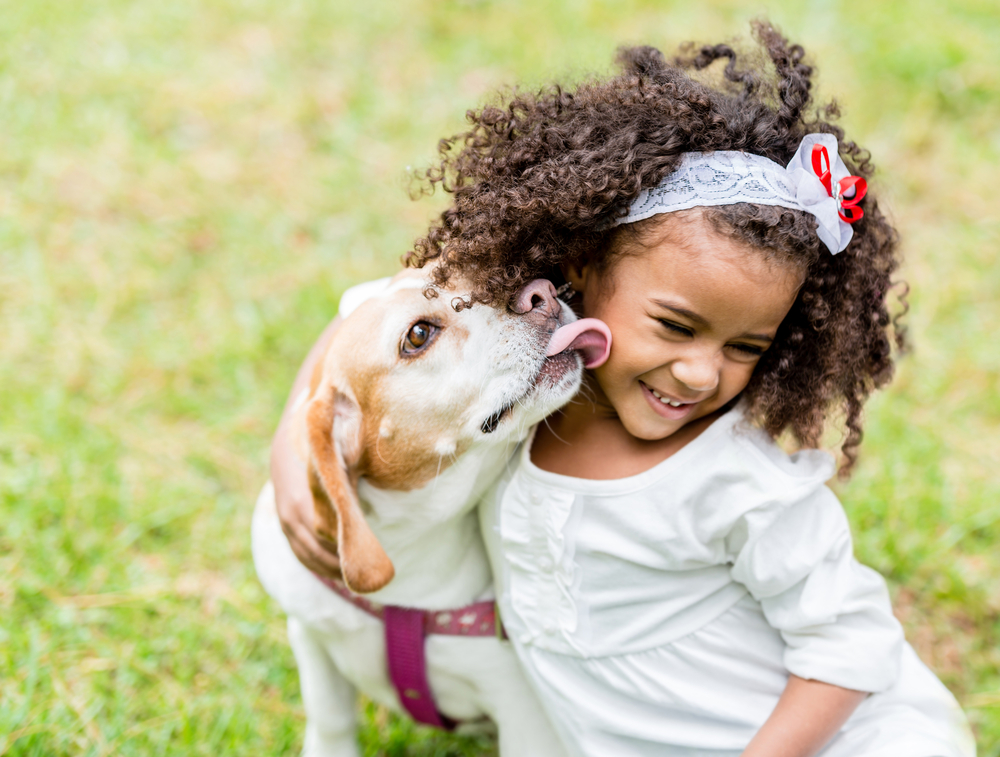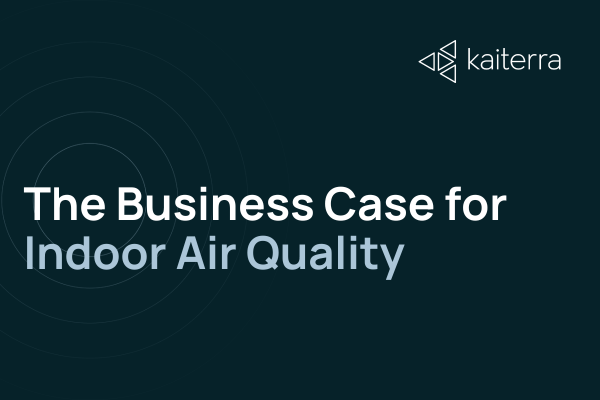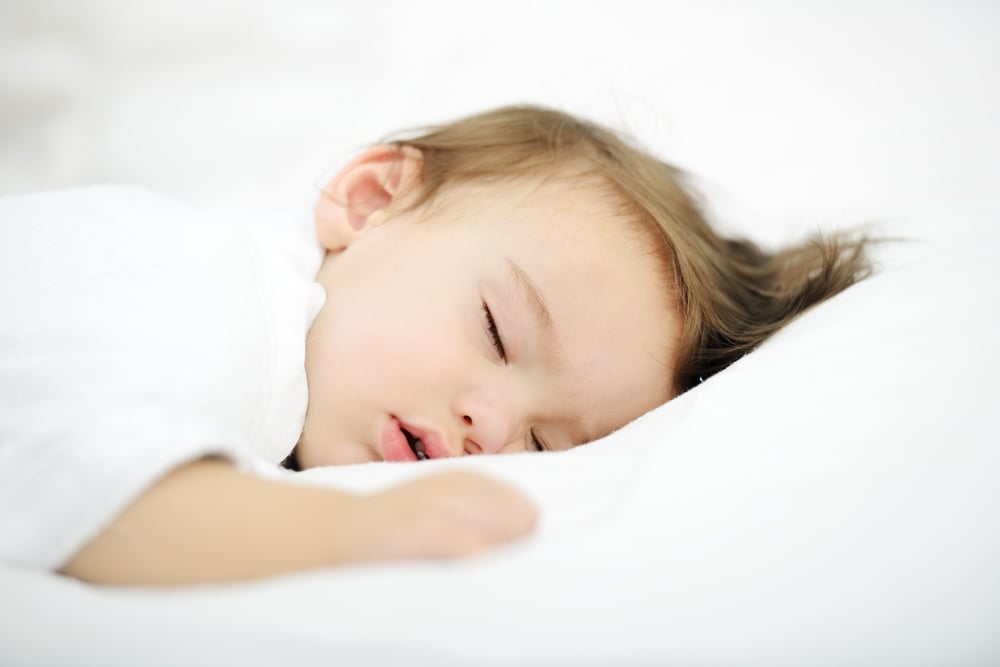Newsletter
A Guide for Parents Struggling To Figure Out Their Child’s Breathing Issues
Is it a tickle in their throat or something more? As parents, we notice when our baby or child isn’t feeling quite right. Is that cough just a fluke or are they sick? Are they sick or is something bothering their lungs? Our babies rely on us to figure out what’s causing that frog in their throat…and fix it. Here is a simple checklist to go through as you troubleshoot the underlying issue.

1) Is the Environment To Blame?
Poor air quality effects sensitive airways. If your baby develops a cough, consider the changes you may have made to their environment. Did you recently move to a large metropolitan area? A bad air quality day in Beijing, China is equivalent to smoking 25 cigarettes. To better understand the air quality in your area, you can check your city’s air quality level here or check out The American Lung Association’s “Most Polluted Cities” list.
Also, consider the places you travel with your baby. Did you take a vacation to an area with polluted air? Toxic air from a single wildfire in California can impact air quality 100 miles away.
2) The Common Cold Or Flu
Your baby is more susceptible to the common cold or influenza virus because their immune system is not completely developed. If your baby comes down with a cold or the flu, a cough will be accompanied by other symptoms. Colds typically start with runny noses and congestion. A cough can develop later. The flu is more serious. Your baby could develop not only a cough, but a fever, body aches, and chills. The Centers for Disease Control and Prevention recommends children ages six months and older should get the influenza vaccine every year.

If you suspect your baby has the flu, call their pediatrician immediately.
3) The Onset of Asthma
A dry cough could be an indicator that your baby is suffering from a specific type of asthma called cough variant asthma. A cough associated with asthma has specific characteristics. The cough is usually worse at night. It’s also dry. You won’t hear that raspy undertone associated with mucus. The American College of Allergy, Asthma, and Immunology recommends contacting your baby’s pediatrician if the cough lingers for two weeks.
4) Indoor Air Quality Factors
The quality of air inside your home could be worse than some industrialized cities. The Environmental Protection Agency reports the average American spends 90 percent of their life indoors. Your child’s cough could be initiated or aggravated by something in your house. The EPA points to mold, second-hand smoke, and wood-burning stoves.
Mold
The CDC says exposure to mold inside a house can cause several health issues. Your baby could develop a cough. Mold exposure can also cause wheezing, throat, eye, and skin irritation. Babies with allergies could show severe forms of these reactions.
Second-hand smoke
Second-hand smoke can trigger an asthma attack. One of the first signs of an attack is a nasty cough. The EPA reports second-hand smoke contains thousands of unhealthy substances. Babies take in oxygen more rapidly than adults, which means they breathe in more second-hand smoke when it is present in a home.
Wood-burning stove
A wood-burning stove is a great source of heat in the winter, but it can also be the source of your baby’s breathing issues. It expels harmful gases and small particles that can be inhaled. This can lead to coughing, an asthma attack, or bronchitis.
If you must use a wood-burning stove, there are steps you can take to reduce the toxicity it spews into your home:
- Burn only dry wood that has been split and stored for at least six months.
- Get a chimney inspection and cleaning.
- Upgrade your wood-burning stove. Newer models are more efficient and pollute less.
5) ‘Tis the season
We’re not talking about Christmas time. Springtime allergies can cause an array of irritations for your baby’s lungs and nose. A chronic, dry, and long-lasting cough could be caused by your baby’s allergies. Watch for other allergy symptoms as you decode their cough. Allergies can also cause itchy eyes, skin, and nose. Your baby could become congested and sneeze a lot. Take note if your child seems to suffer at certain times of the year. Their doctor can recommend the best treatment to relieve symptoms.
6) New family addition
Puppies and kittens can be a great addition to the family, but they may also be the reason your baby developed a cough. It ties right back to allergies. Dogs and cats have pet dander. That means they shed microscopic pieces of skin. Pet dander can flare up your baby’s allergies or asthma.

If you notice your baby is bothered by a new pet, you can take steps to see if they can coexist:
- Don’t let the animal spend any time in your baby’s room.
- Keep your pet off the furniture.
- Dust and clean your home regularly.
- Consider finding your pet a new home.
Kaiterra provides air quality monitors and an IAQ analytics dashboard for healthy buildings and offices, helping workplace leaders and healthy building pioneers assess and improve their indoor air quality. Our indoor air quality monitors like the Sensedge and the Sensedge Mini can be found in many of the world’s most iconic buildings and workplaces, such as the Empire State Building and the Burj Khalifa.






.png?width=200&height=148&name=Menu%20C%20(2).png)

.png?width=307&height=228&name=Menu%20-%20D%20(1).png)
.png)




